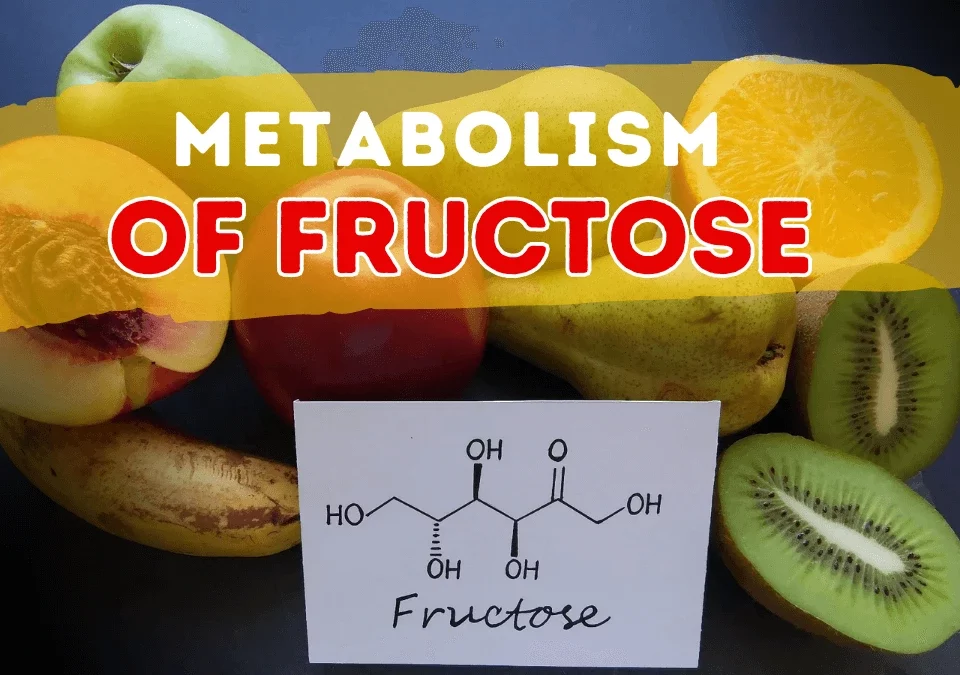Is Sugar toxic?

Black Jamun & Turmeric Can Benefit Diabetes
March 4, 2023
Relationship between Obesity & Arthritis
March 18, 2023Is Sugar toxic?
Agree or not, Sugar is something that we consume in our daily life almost every time we look for something to eat, whether you are a midnight snacker like most other people or someone whose hand is in the candy pack every now and then. All the delicious sweets brought in by the guests and offered by the hosts are challenging to say 'No' to. The festive season can be blamed for most of the sugar intake. We keep munching on our favourite sweets until we realize a sudden fluctuation in our blood sugar level and mood.
Sugar is no Evil
Sugar is present in almost everything, but it doesn’t have to be unhealthy all the time. It has always been seen as evil, whereas some healthy versions exist. Not all Sugar is bad. Added Sugar is different from the sugar present naturally in some foods. Natural foods tend to contain less sugar than any other processed foods.
Most of the time, people need help distinguishing between good sugars and bad ones. To simplify, I have prepared a list of the difficulties you may face if you consume too much Sugar.
Sugar and sugary products can be enjoyed by everyone but in moderation. Consuming Sugar other than the prescribed amount can lead to many health problems. Some of them are:
Obesity
Around 2.8 million people die due to obesity every year all over the globe. There can be other reasons leading to obesity, but one of them undoubtedly is consuming an unhealthy amount of Sugar, especially fructose. Fructose is a particular type of Sugar which is broken down by the liver and stored in it in the form of glycogen. Consuming fructose increases your hunger and your craving for food. Sugar-sweetened drinks like sodas, sweet teas and juices taste yummy until you check your weight and realize where you are going wrong.
Increased risk of Heart Disease
The number one cause of death across the world is Heart disease. According to WHO, 17.9 million people die because of cardiovascular diseases every year around the world. Sugary diets lead to obesity, inflammation, increased blood sugar levels, and blood pressure– all of which include the factors of heart disease.
Increased risk of Type 2 Diabetes
Studies have shown people who eat large amounts of sugar daily have chances of increased weight gain and body fat– which are the leading causes of Type 2 Diabetes. Whether Sugar is not directly associated with it, it has severe effects on people with significant consumption.
Increased risk of Depression
Does it sound a bit different? How can Sugar be related to depression? Well, eating Sugar can be directly linked to increased depression. Added Sugar and processed foods can play with your mood and emotions. This diet increases the chances of depression in both men and women.
Sugar drains your energy.
People take energy drinks without checking the amount of Added sugar in that beverage. These added sugars will give you a sudden rush of energy but for a short period. After that period, your body goes to a crash in which the energy levels drop down severely, which they call a crash. It is always suggested to look at the packaged goods' ingredients.
Fatty Liver Disease
You might have heard of fructose, a common type of Sugar. One primary source is high fructose corn syrup (HFCS) which is used to sweeten cereals, candy, soda, baked goods, and many more. Unlike other sugars, fructose is mainly broken down by the liver and not by the other body cells (like in the case of glucose). It is converted into energy or sorted as glycogen in the liver. However, your liver can only store glycogen if the excess amount has been turned into fat. Due to this, your liver gets loaded and makes a layer of fat on it. This condition leads to Non-Alcoholic Fatty Liver Disease (NAFLD). In an experiment, it was observed that when mice were fed a fructose diet for long periods, it led to the degradation of their liver. They developed liver tumours and liver inflammation and showed signs of fatty liver.
You can still control your sugar intake by taking these steps:
Have whole fruits instead of sweetened smoothies.
Instead of buying flavoured yoghurt, switch to plain yoghurt and add berries.
Switch your favourite Nutella with natural nut butter.
Try adding more and more fresh ingredients to your cart than packaged or frozen foods.
You can swap your morning cereal bowl with an omelette made with greens.







